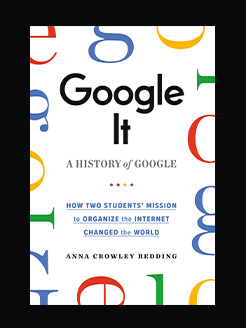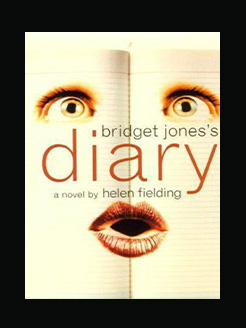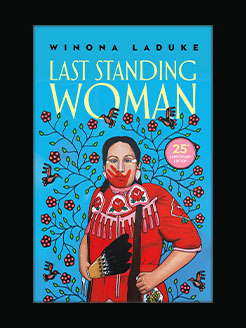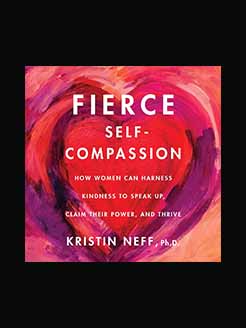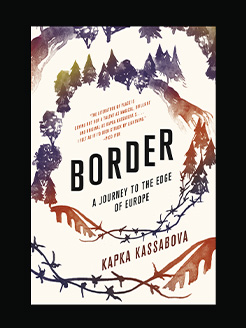Published in 2024
402 pages
7 hours and 36 minutes
Latasha Morrison is a distinguished author and nonprofit founder widely known for her transformative work in fostering racial reconciliation and unity. As a New York Times best-selling author, she has captured the hearts and minds of readers worldwide with her powerful words and insightful perspectives. She founded the nonprofit Be the Bridge in 2016 to encourage racial reconciliation among all ethnicities, to promote racial unity in America, and to equip others to do the same. Her new book, Brown Faces, White Spaces: Confronting Systemic Racism to Bring Healing and Restoration, traces the origins of systemic racism in America, illuminating why it persists today. In the book, she equips and calls readers to break the systems that have for so long marginalized the BIPOC communities. Through her writing and advocacy, Latasha Morrison is a beacon of hope, igniting conversations, challenging social norms and empowering others to take action toward a more inclusive and equitable world.
What is this book about?
The New York Times bestselling author of Be the Bridge calls people of faith to be a part of lasting change and help heal the racial disparity in our country—together.
We might think of systemic racism as an unfortunate part of American history, something that happened back in the day. But the systems were never truly dismantled in our country, leaving artifacts of injustice that continue to affect every aspect of life for Black and Brown Americans.
Many of us feel overwhelmed by the problem, unsure how we can make a difference. Yet God calls the church to stand firmly committed to racial reconciliation—and for each one of us to make choices that lead to healing.
In Brown Faces, White Spaces, Latasha Morrison—a speaker, bridge builder, and champion for unity—explores nine aspects of American life where systemic racism still flourishes, including education, healthcare, the justice system, entertainment, and the church. Through story, historical context, and present realities, Morrison looks at what it means to recognize and confess the truth about inequities in the system (preparation), commit ourselves to changing the system (dedication), and move into true freedom as a society (liberation).
Drawing on rich sociological insights, as well as experiences of family and friends and from her own life, Morrison asks: How does knowing our country’s history make a difference in how we live today? How does Jesus’s divine act of reconciliation on the cross lead to human liberation from oppression? How might we create systems for all to flourish?
This honest, hope-filled book shows us how we can reform historically white spaces and create systems that work for the good of all. Join the bridge-building movement that is listening, learning, and working together for equity in every aspect of our lives.
Includes questions for personal reflection and group discussion.

